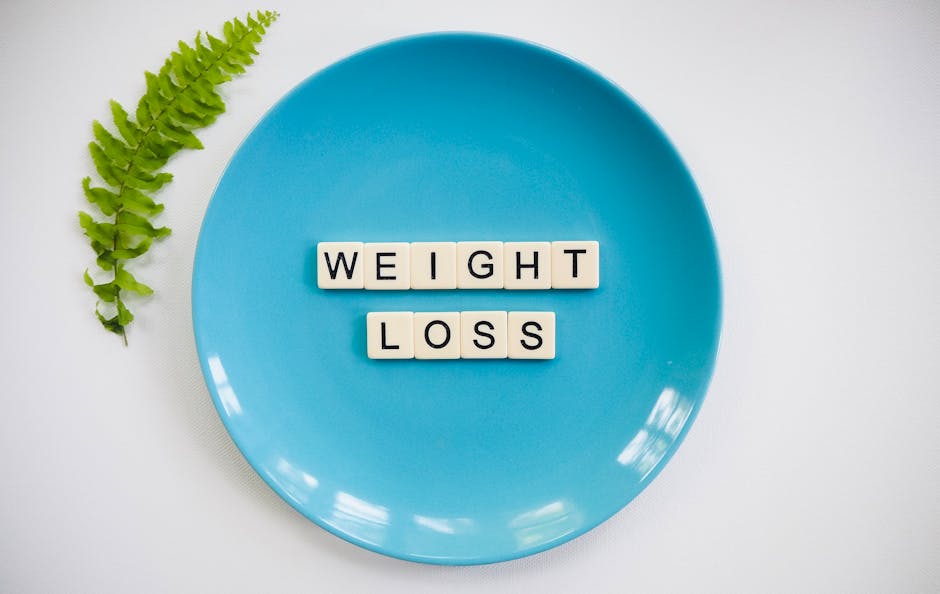In today's fast-paced world, maintaining a healthy weight and lifestyle can seem like an insurmountable task. With countless fad diets and conflicting information bombarding us, it's easy to feel overwhelmed and confused. However, it's crucial to remember that every individual's body and needs are unique, and there is no one-size-fits-all approach to weight loss. This comprehensive guide will delve into the fundamentals of diet and weight loss, empowering you with knowledge and strategies to achieve your health goals.
**Understanding the Basics of Weight Loss**
Weight loss occurs when you consume fewer calories than you burn. Your total daily energy expenditure (TDEE) is the number of calories you need to consume each day to maintain your current weight. To lose weight, you need to create a calorie deficit by reducing your calorie intake or increasing your physical activity. However, it's essential to avoid drastic calorie restrictions, as these can lead to nutritional deficiencies and hinder long-term weight loss. Instead, aim for a gradual, sustainable calorie deficit of 500-1,000 calories per day.
**Dietary Considerations**
A balanced and nutritious diet is the cornerstone of successful weight loss. Focus on consuming nutrient-rich whole foods such as fruits, vegetables, lean protein, and whole grains. These foods are low in calories and high in fiber, keeping you feeling full and satisfied. Avoid processed foods, sugary drinks, and unhealthy fats, as they are high in calories and low in nutritional value.
**Protein Power**
Protein is an essential macronutrient for weight loss as it promotes satiety, helps build and maintain muscle mass, and boosts metabolism. Include lean protein sources such as chicken, fish, beans, lentils, and tofu in your meals. Aim for a protein intake of around 1 gram per kilogram of body weight per day.
**Fiber Focus**
Fiber is another key nutrient for weight loss. It promotes fullness, slows down digestion, and helps regulate blood sugar levels. Aim for 25-30 grams of fiber per day from fruits, vegetables, whole grains, and legumes.
**Hydration**
Drinking plenty of water is crucial for overall health and weight loss. Water helps flush out toxins, boosts metabolism, and can help suppress hunger. Aim for eight glasses of water per day, especially before meals.
**Physical Activity**
Exercise is an essential component of any weight loss plan. Regular physical activity helps burn calories, build muscle, and improve overall health. Aim for at least 150 minutes of moderate-intensity exercise or 75 minutes of vigorous-intensity exercise per week. Find activities you enjoy to make exercise sustainable.
**Mindful Eating**
Mindful eating involves paying attention to your food and eating habits. This can help you identify triggers that lead to overeating and make healthier choices. Eat slowly, savor your food, and avoid distractions while eating.
**Lifestyle Modifications**
In addition to dietary and exercise modifications, it's important to make lifestyle changes to support your weight loss journey. Get enough sleep, manage stress, and seek support from family, friends, or a healthcare professional. These factors can significantly impact your overall health and weight management efforts.
**Conclusion**
Losing weight and achieving your health goals requires a comprehensive approach that considers your individual needs and preferences. By incorporating the principles outlined in this guide, you can create a sustainable and effective weight loss plan that supports your long-term health and well-being. Remember to consult with a healthcare professional before making any significant dietary or exercise changes.

